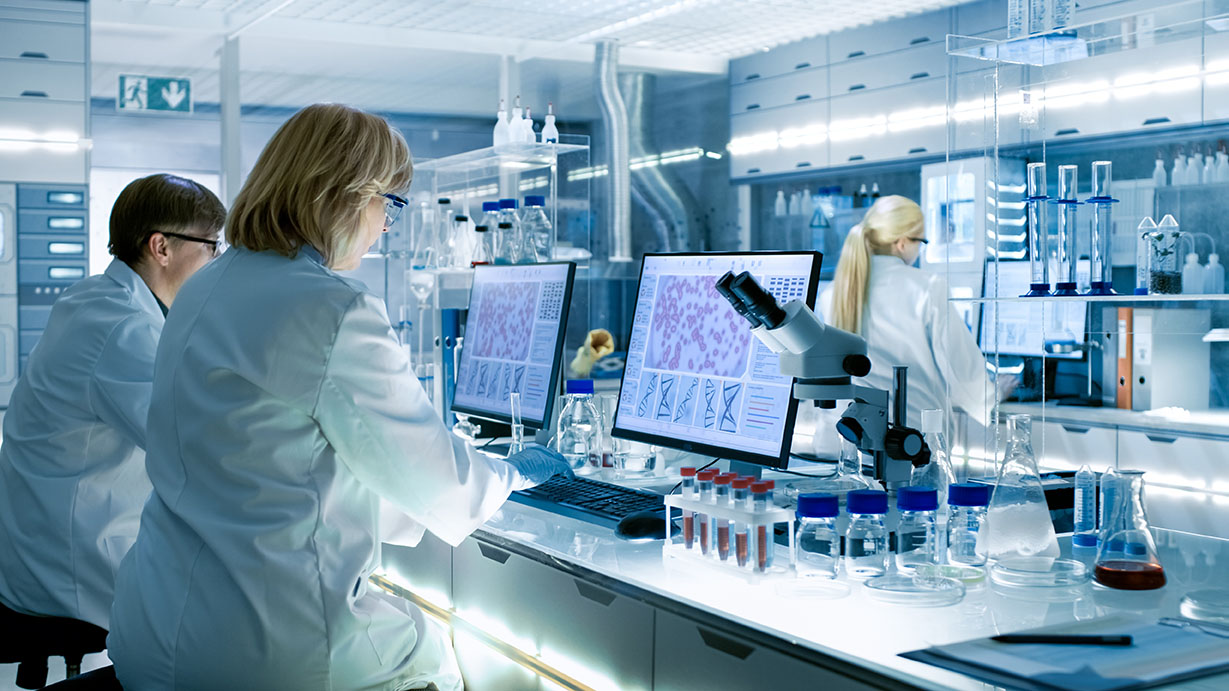
< Back
electrochemist
Definition
An electrochemist is a scientist who studies the interactions between electricity and matter. They study how electrons and ions move through materials, and how these movements can be used to create electricity, store energy, or modify the properties of materials.
How can the word be used?
The electrochemist was studying the way that electricity could be used to split water into hydrogen and oxygen.

Different forms of the word
Noun: electrochemist, electrochemical engineer.
Adjective: electrochemical.
Verb: to electrolyze, electroplate.
Synonym: electrical engineer, chemist.
Antonym: non-electrical engineer, non-chemist.
Etymology
The word "electrochemist" comes from the two words "electrochemistry" and "chemist".
Electrochemistry is a branch of chemistry that deals with the interactions between electricity and chemistry.
Chemist is a scientist who studies the composition, structure, and properties of matter, and the changes that matter undergoes during chemical reactions.
Question
What jobs might you do as a electrochemist?
AQA Science Exam Question and Answer
Question:
Discuss the role of an electrochemist and their significance in advancing our understanding of chemical processes involving electricity. Explain how electrochemists study redox reactions and electrochemical cells to develop new technologies and applications. Provide examples of practical applications of electrochemistry, such as batteries and corrosion prevention, and how these innovations impact our daily lives.
Answer:
An electrochemist is a scientist who specializes in studying chemical processes that involve electricity and redox reactions. They play a crucial role in advancing our understanding of electrochemical cells, where oxidation and reduction reactions take place. By investigating the movement of electrons in these reactions, electrochemists develop technologies like batteries, fuel cells, and electrolysis systems.
Batteries are a practical application of electrochemistry that powers numerous devices in our daily lives, from smartphones to electric vehicles. Fuel cells offer a clean and efficient way to produce electricity by converting chemical energy into electrical energy. Electrochemical methods are also used in corrosion prevention techniques, protecting metals from degradation.
The work of electrochemists is vital in developing sustainable energy solutions and improving various industrial processes. Their research and innovations continue to shape modern technology and have a significant impact on our daily lives, making it more convenient and environmentally friendly.